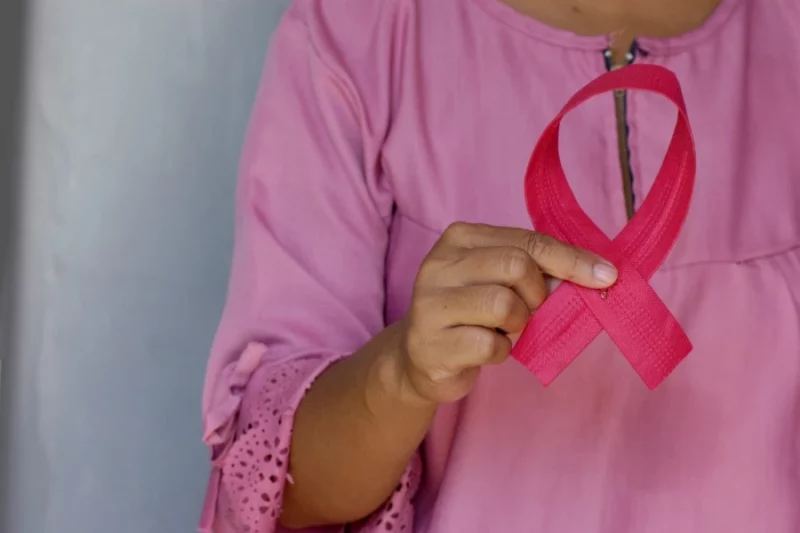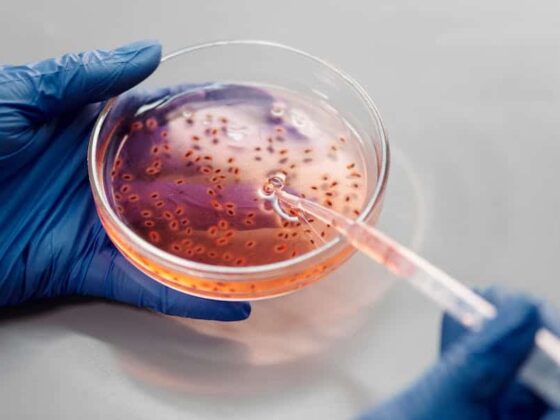Despite the fact that breast cancer affects millions of women and their families across the globe, there are preventative measures that can be taken in order to lessen the chances of this devastating disease. It is essential to stay informed about the risks associated with breast cancer, as it is one of the most common forms of cancer among women and one of the leading causes of death worldwide. Educating yourself on the risks, symptoms, and preventative measures can help you protect yourself and those you love. This article will discuss the 10 measures you can take to help with breast cancer prevention. From lifestyle changes to regular screenings, this article will provide information on the various things that you need to know about breast cancer prevention. In addition, this blog will also touch on various risk factors associated with the disease and how to reduce them, as well as the importance of early detection of breast cancer stages. With the right knowledge and proactive measures, women can be empowered to reduce their chances of developing this disease.
1. Perform Regular Self-Exams For Early Detection
One of the most important steps in breast cancer prevention is to perform regular self-exams. Studies have shown that self-exams can help detect breast cancer in its early stages when it is most treatable. During a self-exam, women should check for any changes in their breasts, such as lumps, skin changes, or thickening. It is important to perform self-exams at least once a month, and if any changes are noted, a doctor should be consulted.
2. Get Mammograms According To Your Doctor’s Recommendations
A mammogram is a low-dose X-ray that can detect changes in breast tissue that may indicate cancer. Your doctor can help you determine the frequency of your mammograms based on your age and risk factors. It’s important to follow your doctor’s recommendations when it comes to mammograms and other cancer screenings. Early detection can make a huge difference in the outcome of a breast cancer diagnosis.
3. Understand The Risk Factors
Knowing the risk factors for breast cancer is an important step in prevention. Risk factors include age, family history, genetics, and hormone levels. Age is the most significant risk factor as it increases with age, making prevention efforts more important for older women. A family history of breast cancer can also indicate an increased risk, while genetics can play an even larger role in a woman developing breast cancer. Women with a higher number of reproductive years and those who have never had children are also at an increased risk. Finally, certain hormone levels, such as those associated with obesity, can increase the risk of developing breast cancer. By understanding the risk factors, women can take the necessary steps to reduce their chances of getting breast cancer.
4. Know Your Family History
Knowing your family history is an important part of breast cancer prevention. If anyone in your immediate family has had breast cancer, your risk of developing the disease is higher. This can help you take preventive measures and make lifestyle changes that can reduce your risk. You should also talk to your doctor about your breast cancer risk based on your family medical history.
5. Exercise Regularly
Exercise is a key component of breast cancer prevention. Regular physical activity not only helps to keep your weight in check, but also helps to reduce inflammation, which can contribute to cancer risk. Aim for 30 minutes of moderate-intensity activity, like brisk walking, every day—this can be as simple as a short walk around the block. Also, be sure to incorporate strength training at least two days a week. This can help to maintain muscle mass, improve joint function, and reduce the risk of injury.
6. Eat A Balanced Diet
Eating a balanced diet is important for everyone, but especially so for those who would like to reduce their risk of developing breast cancer. A balanced diet includes eating plenty of fruits, vegetables, and whole grains, and limiting unhealthy fats, processed foods, and refined sugars. Eating a balanced, nutrient-rich diet can help lower your risk of breast cancer, as well as other conditions such as heart disease, stroke, and diabetes.
7. Limit Alcohol Consumption
Regularly drinking alcohol increases the risk of breast cancer, even in small amounts. For this reason, the American Cancer Society recommends avoiding alcohol or limiting alcohol consumption to no more than one drink per day for women. If you do choose to drink, it is important to remember that the risk of breast cancer increases with the amount of alcohol consumed.
8. Avoid Exposure To Radiation
Radiation has been linked to an increased risk of developing breast cancer, so it is important to limit your exposure. This includes being aware of your environment and taking steps to reduce your risk, such as avoiding unnecessary medical imaging tests, wearing protective clothing, and avoiding radioactive materials. Additionally, it is important to talk to your doctor about any medical imaging tests you may need, so you can make an informed decision about their associated risks.
9. Minimize Hormone Intake
One of the most important things to consider when it comes to breast cancer prevention is to minimize your hormone intake. This means reducing your exposure to hormones such as estrogen, progesterone, and testosterone. Hormone-based birth control, hormone replacement therapy, and some fertility treatments can increase your risk of developing breast cancer. When possible, try to opt for non-hormonal methods of contraception and speak with your doctor about any treatments you have or are considering taking.
10. Make Sure To Get Regular Checkups With Your Doctor
Regular checkups with your doctor are an important part of monitoring your health and protecting yourself from breast cancer. During these visits, your doctor may use a variety of tests to check your overall health, including a physical examination and laboratory tests. Your doctor may also recommend specific screening tests to detect breast cancer early, such as clinical breast exams, mammograms, and breast ultrasounds.
In conclusion, breast cancer prevention is an essential part of women’s health. Taking preventative measures such as living a healthy lifestyle, knowing your family history, getting regular screenings, and being aware of the risks associated with the disease can significantly reduce your risk of developing the condition. Additionally, being aware of the warning signs and being proactive about getting checked by a doctor can help catch breast cancer early and improve the outcomes of treatment.










